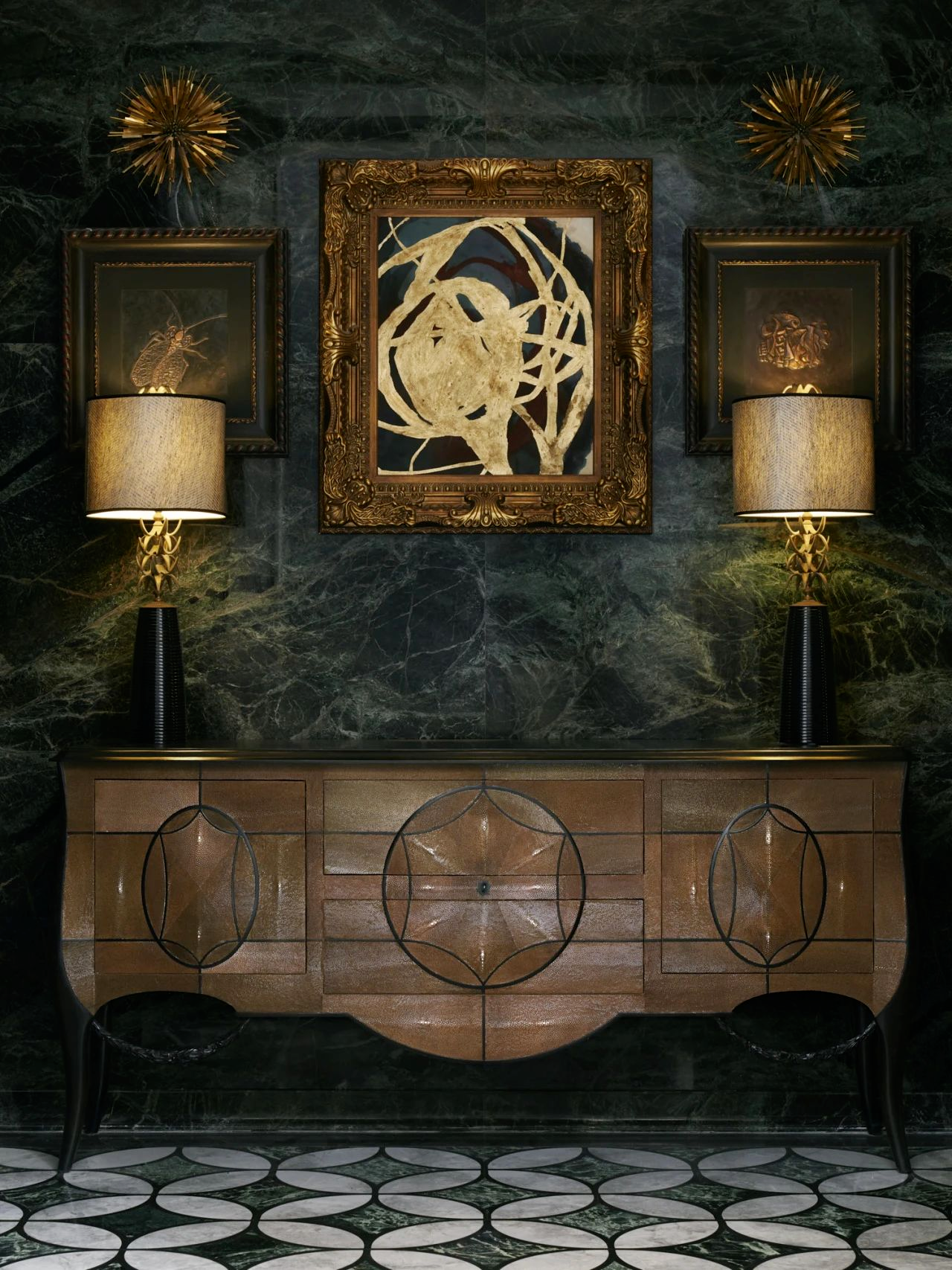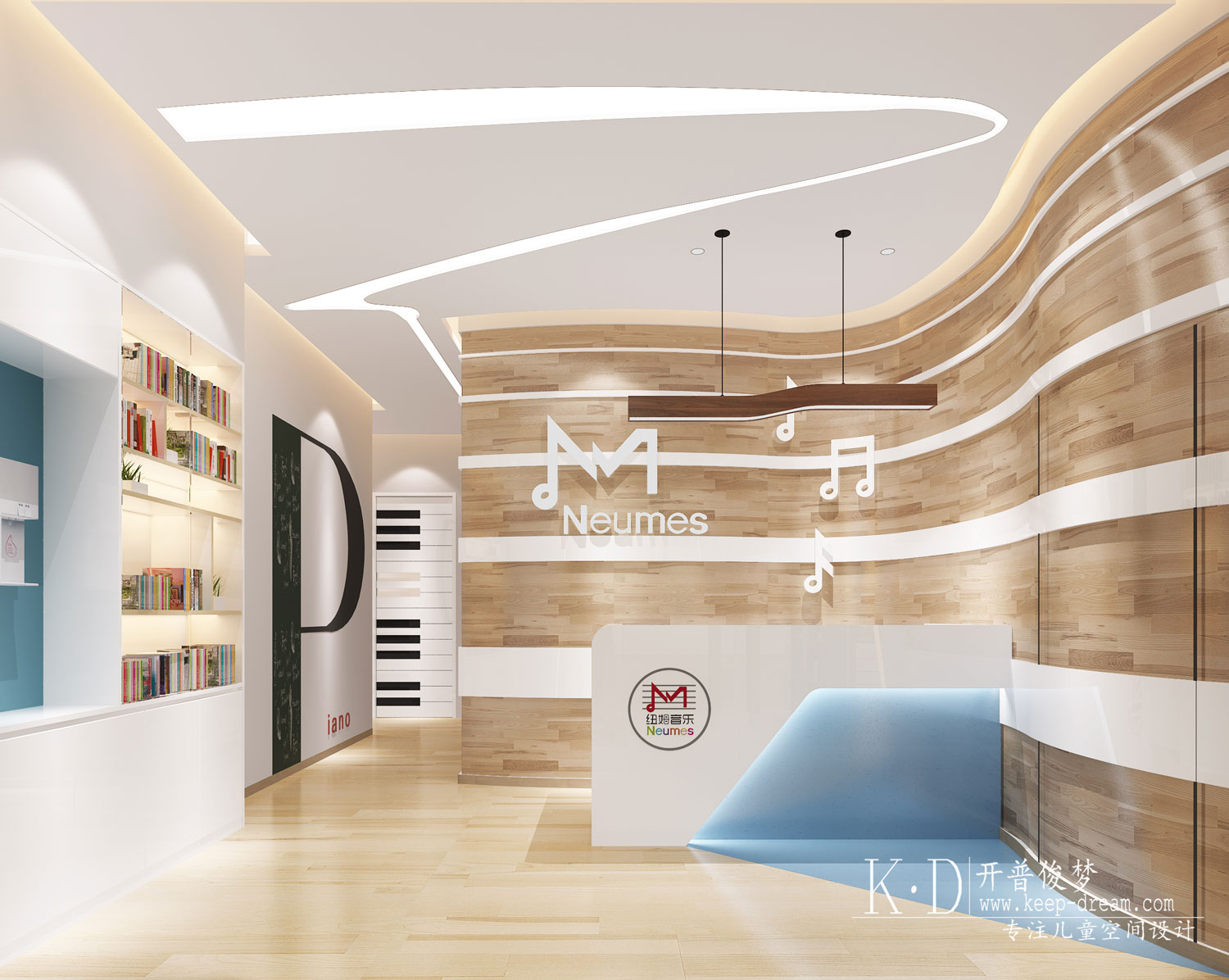The Ruth and Charles Gilb Arcadia Historical Museum Sparano + Mooney Architecture
2011-06-05 00:00
架构师提供的文本描述。这个新的博物馆收藏了一个永久的藏品,以及一个不断旋转的展览,描绘了洛杉矶县这个地区的历史。该项目包括一个多用途的房间和档案区,一个博物馆办公室,以及内外展览空间。神职人员的窗户和集中的视野为画廊提供了自然的光线。附近的圣加布里埃尔山的景色被纳入展览,因为历史与现在并置。与遗址和博物馆西部现有的社区中心之间的关系是通过对环境的几何和物质参考来建立的。
Text description provided by the architects. This new museum houses a permanent collection as well as a continually rotating exhibit depicting the history of this area of Los Angeles County. The program includes a multi-purpose room and archival area, a curatorial office, and both interior and exterior exhibit spaces. Clerestory windows and focused views provide natural light to the galleries. Views of the nearby San Gabriel Mountains are incorporated into the exhibit as the historical is juxtaposed with the present. Relationships to the site and existing community center west of the museum are created through geometric and material references to the context.
这一设计灵感来自于对记录过去的历史学家和体验现在的博物馆参观者之间复杂关系的深入分析。这种关系的核心是这样一种观念,即通过第二代和第三代资源来理解历史。由于这些来源都是通过它们自己的偏见来解释历史的,它们充当了影响原始事件的过滤器。要理解历史,不仅要了解自己与事件的关系,还必须了解历史学家与事件的关系。阿卡迪亚历史博物馆的设计旨在提高游客对这些过滤器存在的认识。
The design was inspired through an in-depth analysis of the complex relationship between the historian who records the past and the museum visitor experiencing the present. Central to this relationship is the notion that history is understood through second and third generation sources. Since these sources all interpret history through their own biases, they act as filters which affect the original event. To understand history one must not only understand one’s own relationship to the event, but must also be aware of the historian’s relationship to that event. The design of the Arcadia Historical Museum seeks to heighten the visitor’s awareness of the existence of these filters.
设计过程开始于概念性观察设备的开发,它探讨了过滤器对什么以及如何看待对象的影响。这个构造被转换成一个基于观察者位置的巨大变化的体系结构。当以直角观察时,当你透过木百叶窗屏幕看时,立面就会溶解;在斜角度下,立面看起来是坚实的。
The design process began with the development of a conceptual viewing apparatus, which explored the impact of filters on what and how an object is viewed. This construct was translated into an architecture that changes dramatically based on the position of the observer. When viewed at a right angle, the façade dissolves as one looks through the wood louver screen; at an oblique angle, the façade appears solid.
这一想法延伸到了展览的发展,该展览采用了一种高度灵活和民主的方式,包括改变文本的黑板,旋转显示器的软木板框架,以及可移动的开放式展示柜,通过它们的位置改变空间,并邀请与收藏品进行手工交互。
The idea extended into the development of the exhibit which assumed a hyper-flexible and democratic approach, incorporating changeable elements including chalkboards for changing texts, corkboard frames for rotating displays, and movable open display cases which transform the space by their location, and invite hands-on interaction with the collection.
项目组:John P.Sparano、AIA和Anne G.Mooney(校长)、Michael Atkinson、Matt Bean、Rene Berndt、Mahnaz Zahiry、Tomahisa Miayuchi(项目组)。顾问:Melisa Keeler(展览/图形),Moroko
Project Team: John P. Sparano, AIA and Anne G. Mooney (principals), Michael Atkinson, Matt Bean, Rene Berndt, Mahnaz Zahiry, Tomahisa Miayuchi (project team). Consultants: Melisa Keeler (exhibits/graphics), Moroko & Shwe (Mechanical Engineering), Felix Roth & Associates (Electrical Engineering), Koh & Associates (Structural Engineering), Civil Trans (Civil Engineering), Gil Flores (Landscape Architecture), Jo Drummond (Specifications)
 举报
举报
别默默的看了,快登录帮我评论一下吧!:)
注册
登录
更多评论
相关文章
-

描边风设计中,最容易犯的8种问题分析
2018年走过了四分之一,LOGO设计趋势也清晰了LOGO设计
-

描边风设计中,最容易犯的8种问题分析
2018年走过了四分之一,LOGO设计趋势也清晰了LOGO设计
-

描边风设计中,最容易犯的8种问题分析
2018年走过了四分之一,LOGO设计趋势也清晰了LOGO设计
















































































